To pity distress is but human; to relieve it is Godlike
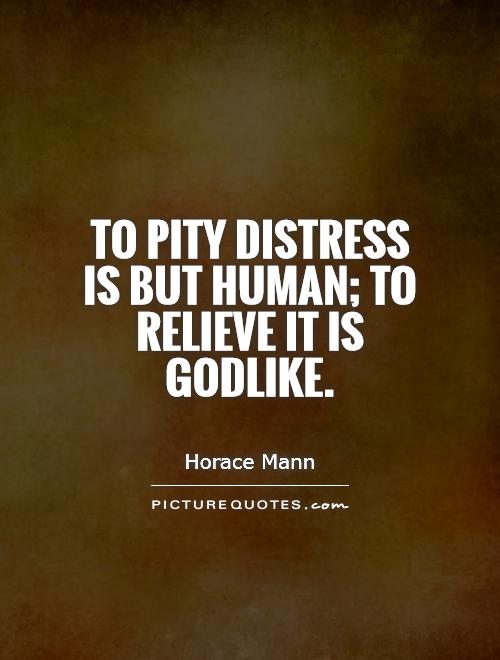
To pity distress is but human; to relieve it is Godlike
Horace Mann, often referred to as the father of American public education, was a firm believer in the power of education to uplift individuals and society as a whole. He dedicated his life to improving the quality of education for all children, regardless of their background or social status. Mann understood that education was the key to breaking the cycle of poverty and ignorance that plagued many communities in the 19th century.Mann's quote, "To pity distress is but human; to relieve it is Godlike," perfectly encapsulates his philosophy on social responsibility and the role of education in alleviating suffering. Mann believed that it was not enough to simply feel sorry for those in need; true compassion required action and a commitment to making a tangible difference in the lives of others. He saw education as a powerful tool for empowering individuals to overcome adversity and achieve their full potential.
Mann's dedication to improving education was driven by a deep sense of empathy and compassion for the less fortunate. He understood that access to quality education was often the difference between a life of poverty and despair, and one of opportunity and success. Mann believed that it was the duty of society as a whole to ensure that every child had access to a good education, regardless of their circumstances.
Mann's work in education reform laid the foundation for the modern public school system in America. His advocacy for universal education and his belief in the transformative power of learning continue to inspire educators and policymakers to this day. Mann's legacy serves as a reminder that true compassion requires more than just sympathy; it requires action and a commitment to making the world a better place for all. In the words of Horace Mann, "To pity distress is but human; to relieve it is Godlike."
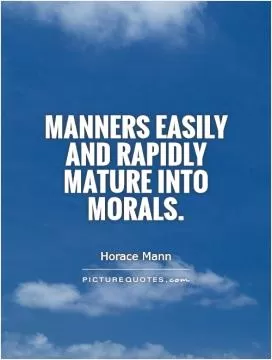
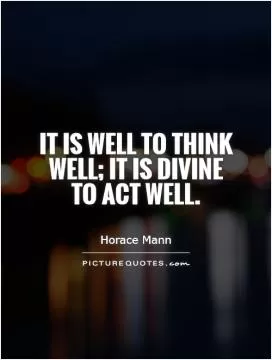
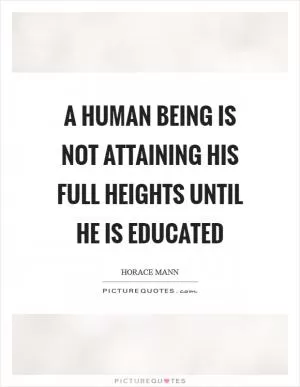
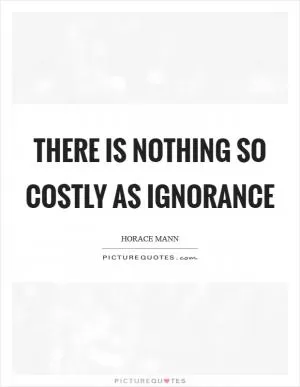
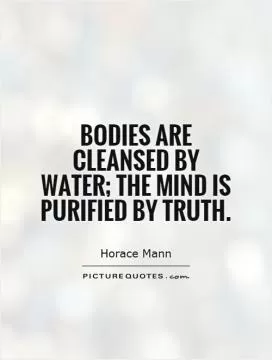
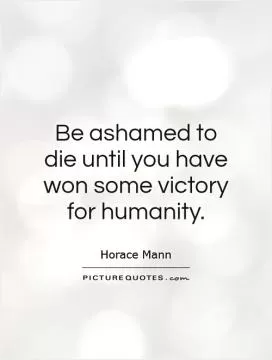


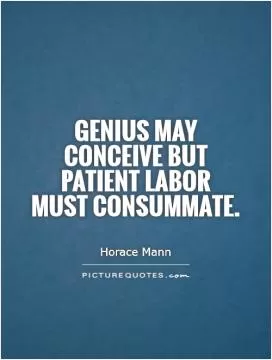

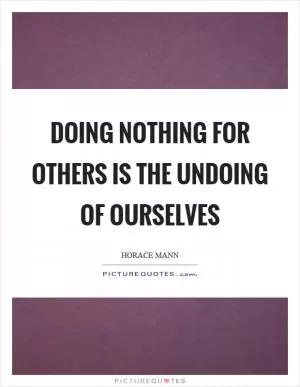

 Friendship Quotes
Friendship Quotes Love Quotes
Love Quotes Life Quotes
Life Quotes Funny Quotes
Funny Quotes Motivational Quotes
Motivational Quotes Inspirational Quotes
Inspirational Quotes